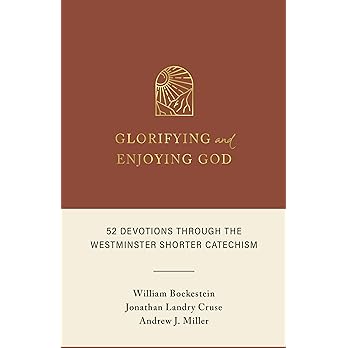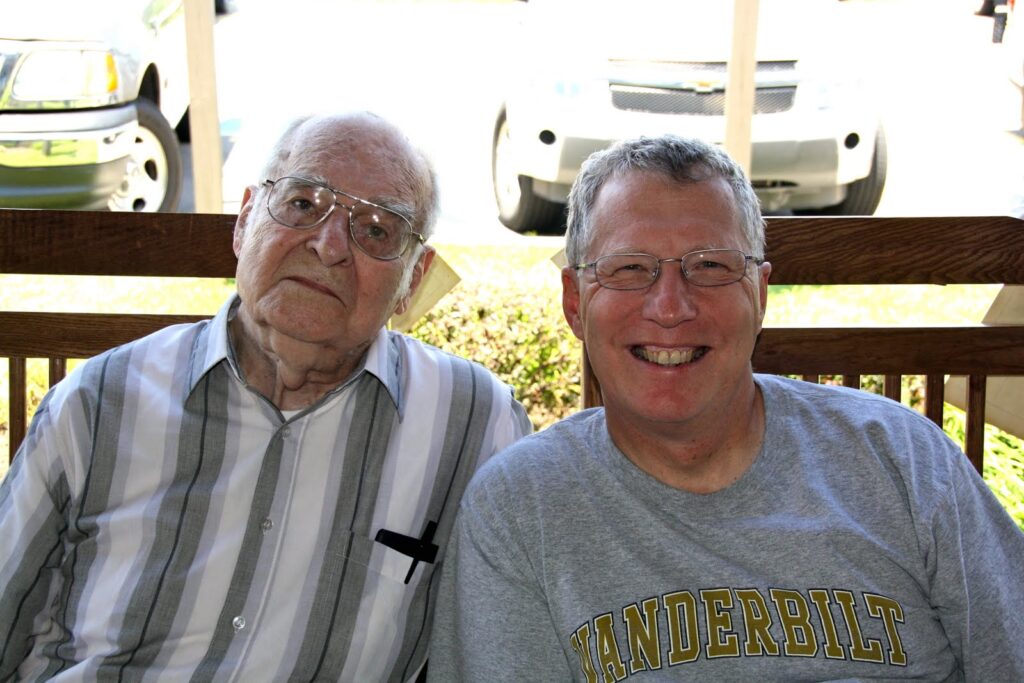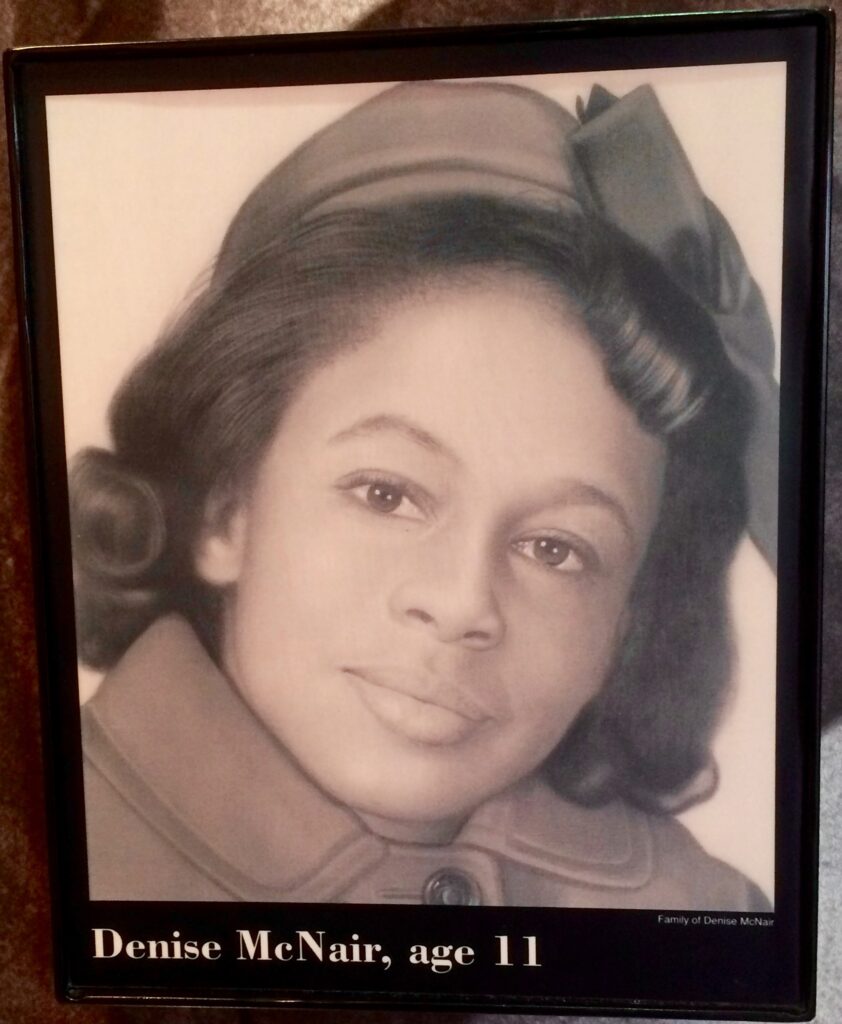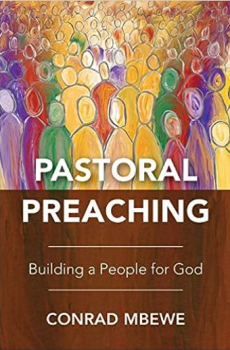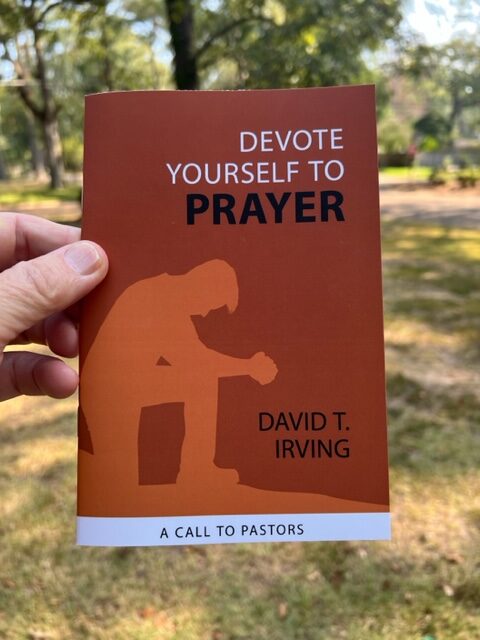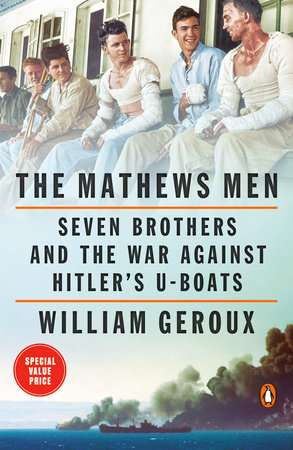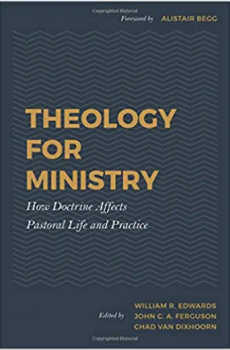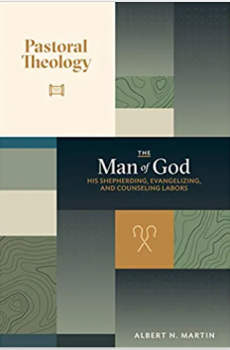When I finish reading or listening to a book, I add it to my annual “books read” list. My 2023 list is at the end of this post. 2023 READING HIGHLIGHTS A new book I loved reading and hope finds a wide readership is Glorifying and Enjoying God: 52 Devotions on the Westminster Shorter Catechism by William Bockestein, Jonathan Landry Cruse, and Andrew J. Miller. “Catechisms are small books of big doctrines,” the authors claim, and “boil down Scripture into major theological themes reflecting the high honor Scripture gives to doctrine.” Page by page, the authors back up their claim. The scriptural doctrines set forth in the Westminster Shorter Catechism are presented, accompanied by clear expositions of their biblical foundations.…
Read MoreMy Dad would have turned 100 today, and I’m thinking about all he gave me. My Dad gave me a home. He loved the orphan. He worked in Arkansas and Missouri orphanages. On his 36th birthday, December 16, 1959, my adoption was finalized. I never knew my biological mother. Thirty years old and unmarried, she chose to deliver me, her fifth child, in another part of the state, away from family pressure to keep me. She had a ninth grade education. I am grateful to her for giving me life, for making a choice to put me up for adoption. And I am grateful for my Dad and Mom for giving me a Christian home. My Dad…
Read MoreAfter family and church, Scouting was the most significant influence in my young life. Fifty years ago today I received the rank of Eagle Scout. I am grateful to my Dad, who encouraged me to join Troop 339, sponsored by his church in Smyrna, Tennessee. In 1974, I moved to Troop 120 in McMinnville, Tennessee. One of Scouting’s primary purposes, Dad said, was to teach young men wilderness survival skills. My Scoutmasters – Mr. Craig, Mr. Justice, and Mr. Van Cleve – led by example, and held me to high standards. They made a lasting investment in my life. I no longer have any formal association with Scouting. In 1973, my troop shared the same commitment to my moral and…
Read MoreThe heart of American Christians rightly goes out to persecuted Christians in other parts of the world. But we mustn’t forget that our nation has its own tragic history of persecuting believers. The persecutors have often been professing members of the Christian church. Sixty years ago today Denise McNair looked forward to a special Sunday. She would participate in her church’s Sunday morning service, which would conclude with the sermon, “The Love That Forgives.” She dressed carefully for the day. The case above includes her purse, Buster Brown shoes, a Ten Commandment bracelet — and the piece of brick removed from her skull, a fragment of the explosion that claimed her life. Three 14 year-old friends perished with her: Addie…
Read MoreConrad Mbewe, Pastoral Preaching: Building a People for God. Carlisle, England: Langham Partnership, 2017. $20.99. Every year Reformed Theological Seminary Jackson hosts the John Reed Miller Preaching Lectures. Guest ministers speak to various aspects of the life and work of the minister. Both students and veteran preachers leave encouraged in the Lord. Our 2015 lecturer was Conrad Mbewe, who for three decades has pastored Kabwata Baptist Church in Lusaka, Zambia. I found his lectures to be among the best I have heard on preaching. The instruction was clear, direct, and winsome, offering entirely satisfying nuts-and-bolts counsel to the preacher. Judging by the feedback, students were as personally renewed in their commitment to biblical preaching as I was. The publication of Mbewe’s Pastoral…
Read MoreI am grateful to serve with a ministerial staff that is expected to pray – and does pray with and for the church. Yesterday each of First Presbyterian Church of Jackson’s ministers received Dr. David Irving’s Devote Yourself to Prayer. “Brother pastors,” he writes, “it is your duty to be devoted to prayer for your people. To put it bluntly, it is your job to pray.” This outstanding booklet demonstrates from Acts 6:1-7 the principal role of prayer in the apostles’ work. It summons pastors to reflect on the duty, difficulty, discipline, and delight of prayer. His reflections are full of sound Bible teaching, quotations from praying pastors, and practical advice for those who are serious about dedicating themselves…
Read MoreIn the early years of American involvement in World War II, only the Marine Corps suffered a higher fatality rate than the United States Merchant Marine. The Merchant Marine delivered critical military supplies from around the world to besieged Britain and the Soviet Union. Without the courage of its mariners, the war with Germany would surely have been lost. To say that these men were courageous does not do justice to their ordeals, sacrifices, and achievements. Early in the the war their vessels sailed in isolation, making them vulnerable targets for German U-boats. Even after the development of the convoy system, U-boat wolfpacks slipped undetected into convoys and wreaked destruction. When men survived the torpedoing of their ships, chances of…
Read MoreI love practical ministry books, but there can be a downside: detached from scriptural theology, they become manipulative, promoting worldly methodologies to achieve ends that are at odds with the holiness of life that God seeks for his church. Ultimately, the minister and his work must be shaped by the character of God, who has revealed himself in the scriptures of the Old and New Testaments. True, a minister must understand the needs of his church and community as he pursues his work. But every plan must also be brought to the touchstone of Scripture and tested for its biblical fidelity. To that end, pastors will find Theology for Ministry: How Doctrine Affects Pastoral Life and Practice a most helpful book.…
Read Morex I’m keen on Puritan and Reformed works in pastoral theology. At their best, they never separate three indissolubly linked areas of ministerial life: personal piety, preaching, and pastoral care. Albert N. Martin’s three volume work is a notable contribution to this great tradition. Since volume one appeared in 2018, I have made volume one, The Man of God: His Calling and Godly Life, a required text in my first-year Pastoral Ministry course, and have found helpful lecture materials in volume two, The Man of God: His Preaching and Teaching Labors (links to both reviews in Reformed Faith & Practice provided). Martin’s knowledge and use of classic texts in pastoral theology is extensive. I tell students that were they to write down the texts he cites…
Read MoreWhen I finish reading or listening to a book, I add it to my annual “books read” list. My 2022 list is at the end of this post. 2022 Reading Highlights Harry Lee Poe’s The Completion of C. S. Lewis surveys the final eighteen years of Lewis’s life. The author provides concise information about the books and articles, placing them in the context of Lewis’s unfolding life and the broader world of English literature. The circumstances of Lewis’s transition from Oxford to Cambridge are thoroughly reviewed. Attention is given to his many friendships and marriage, late in life, to Joy Davidman Gresham. Regarding Lewis, Helen Gardner wrote, “It was impossible to be indifferent to him” (75). And I am not. His books have enriched…
Read More